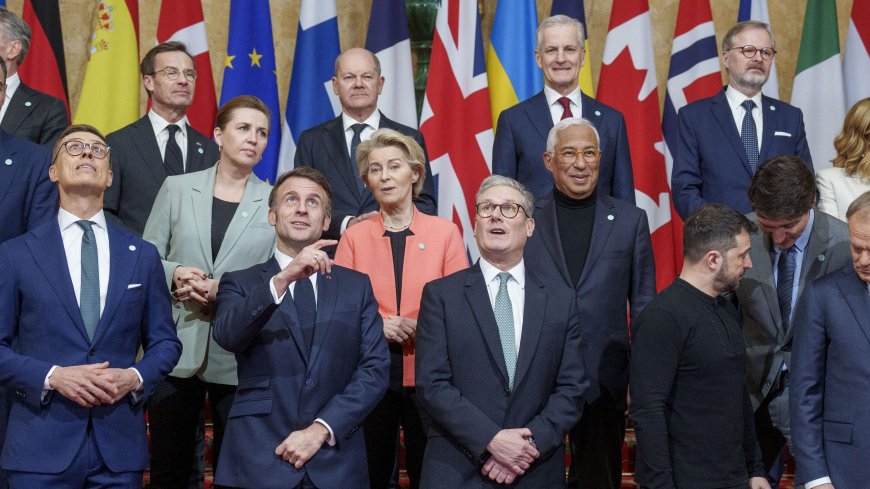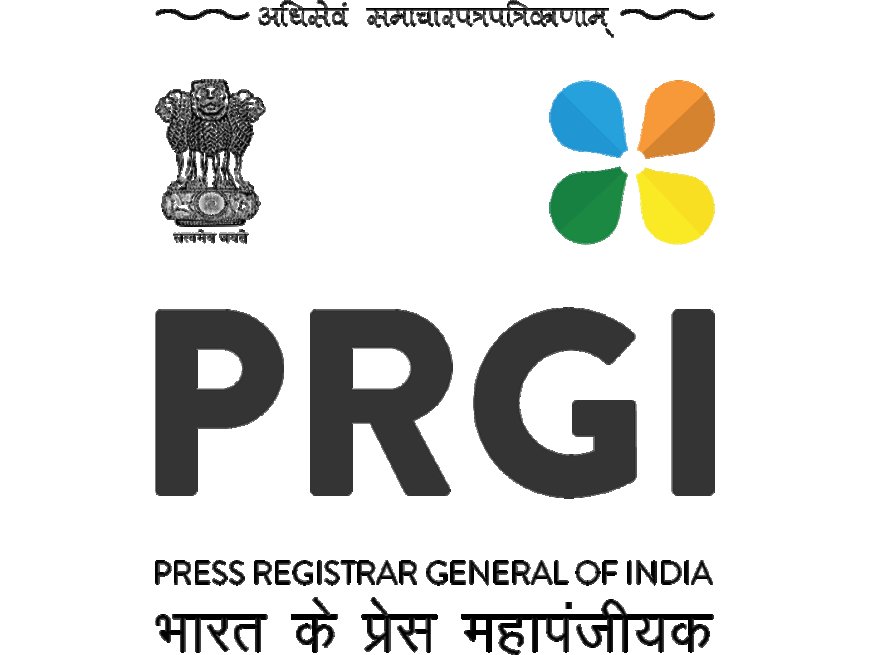European Leaders to Hold Virtual Summit on Ukraine Ahead of Crucial Call with President Trump
European leaders to hold a virtual summit on August 14, 2025, to coordinate Ukraine war negotiations ahead of a key call with U.S. President Donald Trump.

European leaders are set to convene in a virtual summit on Wednesday, August 14, 2025, to coordinate a unified strategy for negotiations aimed at ending the ongoing war in Ukraine. This important videoconference will take place just hours before a scheduled phone call between European heads of state and U.S. President Donald Trump to discuss the conflict and potential pathways to peace.
This high-level coordination underscores the urgency and complexity of the Ukraine crisis, reflecting the continued international focus on stabilizing the region and preventing further escalation.
Context of the Ukraine Conflict and International Involvement
The war in Ukraine, now in its third year, remains one of the most significant geopolitical crises in recent memory. Triggered by Russia's invasion in early 2023, the conflict has led to widespread humanitarian suffering, displacement of millions, and destabilization of regional security.
European countries, particularly members of the European Union (EU) and NATO, have been deeply involved in supporting Ukraine through financial aid, military assistance, and diplomatic efforts. The United States, under President Donald Trump’s administration, continues to play a pivotal role as a key ally and mediator.
The upcoming virtual summit is seen as a critical moment for European unity and alignment before engaging with the U.S., ensuring that their collective stance and negotiation goals are clearly articulated.
Objectives of the Virtual Meeting
The European leaders' videoconference aims to achieve several objectives:
-
Harmonize Negotiation Positions: To present a united front during upcoming peace talks, the leaders intend to reconcile differing national interests and policy priorities regarding Ukraine.
-
Discuss Ceasefire Proposals: Exploring avenues to broker a ceasefire that can pave the way for more comprehensive peace negotiations.
-
Coordinate Humanitarian Efforts: Planning enhanced humanitarian aid and relief operations for affected Ukrainian regions.
-
Review Sanctions and Economic Measures: Evaluating the effectiveness of current sanctions against Russia and considering potential new economic strategies to pressure for conflict resolution.
-
Prepare for the Call with President Trump: Aligning their approach and key messages ahead of discussions with the U.S. President to maximize diplomatic leverage.
Key Participants and Their Roles
The virtual summit will feature leaders from major European powers including German Chancellor Olaf Scholz, French President Emmanuel Macron, Italian Prime Minister Giorgia Meloni, and European Commission President Ursula von der Leyen, among others.
Each leader brings distinct perspectives shaped by their country’s geopolitical priorities, economic ties, and historical relations with Russia and Ukraine. The summit offers an opportunity to bridge differences and craft cohesive strategies.
Ursula von der Leyen emphasized the importance of unity, stating, “Europe must speak with one voice if we are to effectively contribute to a just and lasting peace in Ukraine.”
The Importance of Coordination Before the U.S. Call
The phone call scheduled with President Trump later on August 14 is anticipated to be pivotal in shaping international efforts to resolve the conflict. Trump’s administration has indicated interest in exploring potential diplomatic openings, including proposals that involve territorial compromises and security guarantees.
European leaders aim to clarify their positions beforehand to avoid mixed messages and ensure that negotiations reflect shared values and strategic objectives. This pre-call coordination is critical given the complexity of the diplomatic landscape and the wide array of stakeholders involved.
Challenges in Reaching Consensus
Achieving unanimity among European leaders on Ukraine policy remains challenging. Differences persist regarding:
-
Extent of Concessions: Some countries advocate for pragmatic compromises to end hostilities quickly, while others demand strict conditions that protect Ukraine’s sovereignty and territorial integrity.
-
Sanctions Policy: Debates continue over whether to tighten sanctions further or consider gradual easing contingent on progress.
-
Military Support: Balancing continued military aid against risks of escalation is a contentious issue.
Despite these challenges, the urgency of the conflict’s humanitarian toll has driven leaders toward closer collaboration.
Broader Geopolitical Implications
The outcome of this coordination and subsequent discussions with the United States will influence not only the future of Ukraine but also broader East-West relations. The war has strained Russia’s ties with the West and reshaped global alliances.
A successful diplomatic initiative could stabilize a volatile region, restore confidence in international institutions, and set precedents for resolving conflicts elsewhere.
Conversely, failure risks prolonged fighting, further humanitarian crises, and deeper geopolitical divides.
Expert Analysis
Dr. Eva Müller, a senior analyst at the European Council on Foreign Relations, noted, “This virtual summit is crucial in demonstrating European unity and resolve. Their ability to speak with one voice during negotiations with the U.S. will significantly impact the diplomatic leverage they hold.”
She added, “President Trump’s approach, known for its unpredictability, makes this pre-call alignment even more necessary to avoid misunderstandings and exploit any openings for peace.”
What to Expect After the Summit
Following the virtual meeting and the call with President Trump, attention will turn to upcoming multilateral peace talks potentially involving Ukraine, Russia, the EU, and the United States.
Observers expect that this period will be marked by intense diplomatic activity, with negotiators seeking compromises on ceasefires, territorial issues, and security guarantees.
Humanitarian agencies are also preparing for expanded operations to address urgent needs resulting from continued fighting.
Conclusion
The upcoming virtual summit of European leaders ahead of their call with President Trump reflects a critical juncture in the effort to resolve the Ukraine war. By harmonizing their approaches and presenting a united front, European nations aim to maximize their influence on international peace negotiations.
As the situation remains fluid and complex, the global community watches closely, hopeful that coordinated diplomacy can bring an end to a conflict that has caused immense suffering and regional instability.











